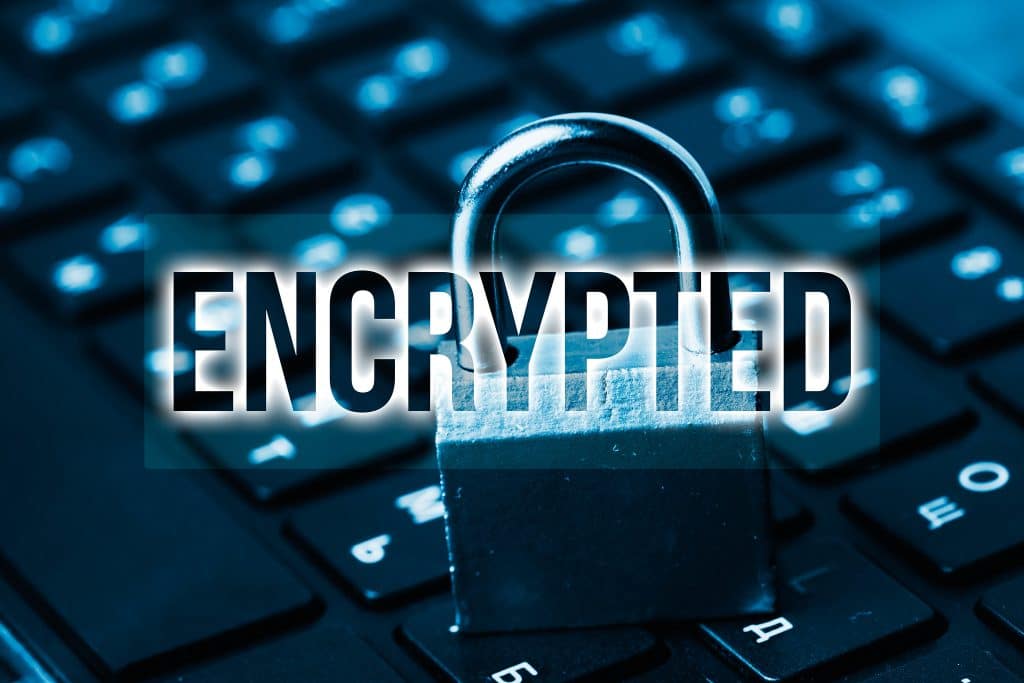All kinds of businesses in today’s computerized world are leveraging the power of technology. Technology helps simplify work by automating various processes. However, the internet has also opened more opportunities to cybercriminals who target business network systems.
Businesses need to put safety measures to secure their systems. This includes setting up structures, policies, processes, and best practices to keep your data safe.
This article will guide you to the cyber security best practices that businesses must follow to prevent cyber threats. If you do not have time to take measures on your own, contact Sapphire.
Let’s get started.
1. Educate Your Employees
According to research, insider threats could account for 31% of data breaches by 2021. Insider attacks mainly result from employee mistakes. You should train your employees on the best cybersecurity practices and how they can avoid putting your business at risk.
Also, remember that employee training isn’t a one-time thing. As mentioned earlier, cybercriminals come up with new attacking techniques every day. Continuous training helps a business stay on top of cybersecurity practices. In short, your employees should act as a human firewall for your business.
2. Filter Your Emails
Email phishing has been on the rise in recent times. They send malicious links with a catchy subject to tempt the user to click on them. Training your employees on how to identify phishing emails can help prevent this. But then, it’s essential to go further and use an email filtering service in your business.
Using an email filtering service keeps spam or virus-infected emails away. Many people rely on a firewall to help them filter emails. The reality is that firewalls can’t do as much as email filtering services do. You can also set the email filtering service you use to accept emails only from known sources.
3. Increase Your Online Anonymity
Another way to remain safe online is being anonymous. Cybercriminals lurk on the internet looking to attack businesses with weakened security systems. Besides, a competitor could be targeting your network. They cannot successfully attack you if they can’t identify you online.
One of the best ways to promote online anonymity is to use Blazing SEO proxies. Proxies provide 24/7 protection for businesses that use them. A residential proxy is a perfect pick because they offer better security and privacy than other proxies. It will provide legitimate IP addresses that won’t raise any suspicion.
However, it is vital to choose a good proxy vendor. A good vendor will provide your business with top-notch service. This will also contribute positively to brand protection.
4. Use a Firewall
One of the first lines of defense a business relies on for online safety is a firewall. It is a form of barrier that separates business data from cybercriminals. Firewalls are essential both for small and big businesses. Viruses spread quickly, making it vital to install a firewall even on home computers.
You can add more protection by installing an internal firewall besides the external one. You can also encourage your employees to install firewalls on personal computers. It is also advisable to provide the software for your employees to enhance compliance. It will prevent virus transfer from home networks.
5. Enforce Safe Password Practices
Another first line of defense that you need to implement is passwords. Setting up a password on every device and account you own can help keep cyber-criminals away. In addition, you should have a firm password policy that everyone at your company must follow to ensure safety.
Changing passwords often is one policy every business needs. Most employees find it daunting, but you need to emphasize its usefulness. It would help if you also encouraged them to set up strong passwords. A combination of letters, numbers, and symbols will be perfect. You can also invest in a password management tool.
6. Implement Access Control

Employees and customers should only be allowed limited network access. For instance, customers should access the network as guests or sign up for a customer account. This will reduce the risk of your business getting exposed to an attack.
In addition, you may also enforce a similar policy on devices. You can do this by configuring your network to only accept user access from specific devices. The rule is that new devices will have to meet set criteria before being allowed into the internal network.
7. Use Multifactor Identification
Multifactor authentication is a security feature that every business needs. It helps create a more substantial barrier to what passwords offer. This feature requires a user to enter a code sent to them through email or SMS. It, however, requires the user to keep their devices away from people with malicious intent.
With this feature, you’re guaranteed your business data’s safety. But then it also requires good password practices. Otherwise, an attacker can still access a user account if they have an email password or a device. This is one common mistake that makes multi-factor authentication ineffective.
8. Regularly Backup all Data
Backing up data is an essential security practice for businesses today. Data theft cases are increasing daily, and businesses need to store their sensitive data in several locations. One of the best options is to keep word documents, images, videos, and other forms on a cloud network.
Data backups provide you with extra protection even if you get breached. It is an excellent tip for keeping a business safe from ransomware attacks. If a cybercriminal holds your data, you can retrieve it from the cloud. This also includes retrieving any damaged files on your network.
But then, it is also vital to keep checking your backup to ensure it’s working perfectly. Sometimes, your backup is breached, and you’d be at risk if you lost the primary data.
Conclusion
Cybersecurity is a concern for all types of businesses. This is because the business security landscape is dynamic. Cybercriminals keep advancing their attacking skills every day. Thus, companies have to invest in their security. This includes all the tips mentioned above in this article.
In addition, developing a cybersecurity culture in a business can boost its security. This means ensuring that the business and all employees make cybersecurity a top priority. Besides, you should also update your cybersecurity policies regularly. Your business’s data security depends on it.





